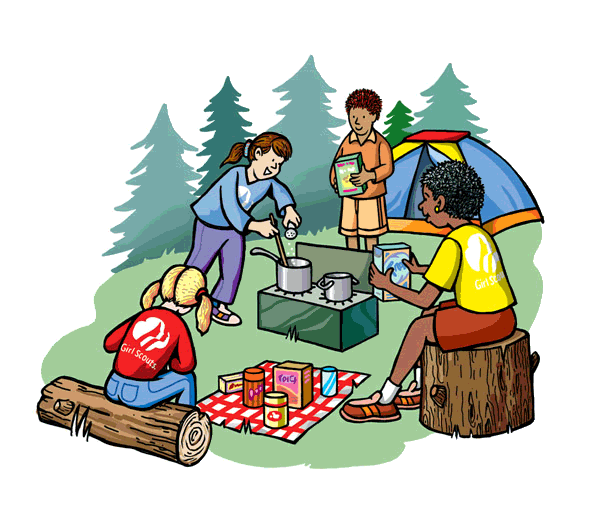Food Chain
2nd Grade – Science (Italian educational system)
|
|
Materials for lessonA3 Photocopies to colour with herbivores- carnivores-omnivores and what they eat, markers, scissors, three boxes |
Layout of the ClassroomStage 1-2: ClassroomStage 3: GymStage 4 : Classroom |
|
Phase 1Teacher introduces the subject explaining the different feeding habits of animals that live on earth. What does it mean for an animal to be carnivore, herbivore or omnivorous? What kind of food do human beings eat? Along with the children some animals are identified to be part of three different categories and the foods they eat. The information you get is written to the blackboard. |
|
Phase 2Each child is given a photocopy with the image of some animals or foods belonging to different categories. The animals and foods have to be at least 4 per category. Children are then asked to color and trim the images. At the end of the work, the teacher collects pictures of foods in three different containers (divided into herbivores-carnivores-omnivores). Animal pictures will be kept separate. |
|
Phase 3The teacher accompanies the students to the gym and divides them into two groups. The first group represents animals and the other group represents foods. The animals in the animal group will have to choose an animal among the pictures prepared on the second phase . The game may begin. Children who represent animals will position on the floor pretending to be asleep. The teacher begins the narrative that tells of awakening, exploration, games that animals make up until their meal. Children representing animals will have to do an impression of the teacher said with the movements. When the meal arrives, the teacher from a voice-changing signal and the children of the food group bring their meal to each animal (the images inside the containers, colored in the second phase). The children who brought the food go back to their place and the animals, after eating, return to sleep in their den. The two groups can be exchanged, the children who imitated the animals carry the food and viceversa. |
|
Phase 4students return to class, experience is discussed with the teacher who invites them to create a poster to hang in class with the picture used for the game. |
|


 SmartOWL
SmartOWL